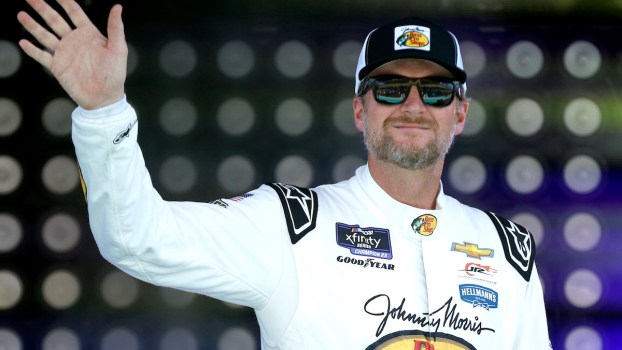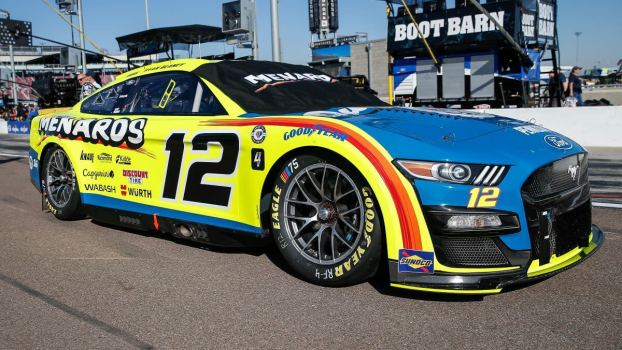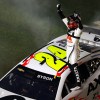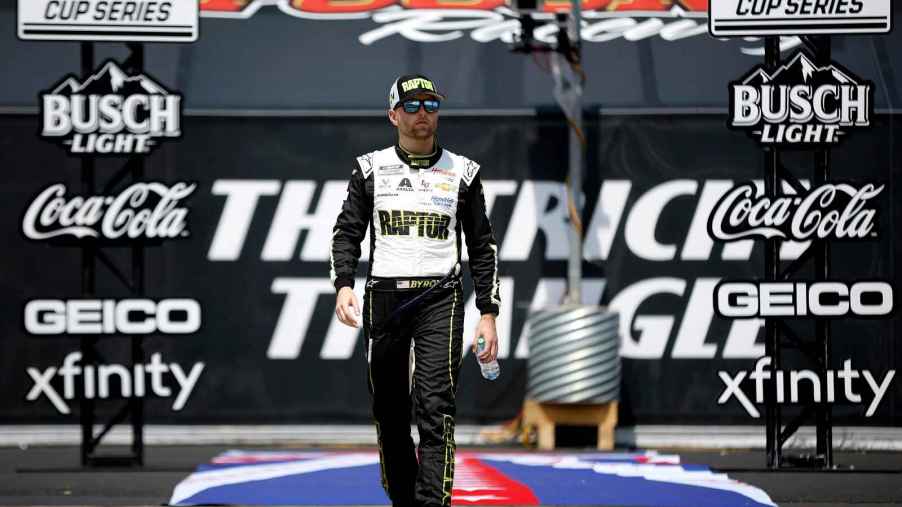
Decoding NASCAR’s Strictest Sponsorship Rules and Why Tobacco is Taboo
While every circuit of auto racing relies on sponsorships, there is no other league that uses sponsorships more than NASCAR. As the ultimate stock car racing league in the world since its humble days on Daytona Beach, sponsorships have sculped the motorsports landscape. For many early NASCAR drivers, a sponsorship was their entire identity. For many drivers, these sponsorships even influenced the driver’s entire color scheme. Fire suits to the paint on the car can reflect branding. However, not every company is allowed to be a NASCAR sponsor. Here is everything you need to know about the NASCAR sponsorship rules and the brands they reject.
NASCAR sponsorship rules
NASCAR sponsorships are incredibly involved. Not surprising considering that NASCAR offers, arguably, the largest amount of brand advertising value out of any American sport. NASCAR sponsorships are expensive, with HowStuffWorks reporting that it costs around $350,000 to $500,000 to sponsor a NASCAR team for just one single race. Most companies sign up for a full season of sponsorships. Smaller companies may sign up for just a couple of races as a sponsor of a lesser-known, more affordable driver.
NASCAR sponsorship rules are fairly loose, without the governing body of NASCAR stepping in with regulations all that often. NASCAR does have a few rules about sponsorship placement on a vehicle. Each vehicle has a primary sponsor predominantly displayed on the vehicle. Smaller sponsorships can be found along the vehicle as well. It’s not uncommon for many NASCAR teams to have a dozen sponsors found around the vehicle.
What brands will NASCAR refuse to sponsor?
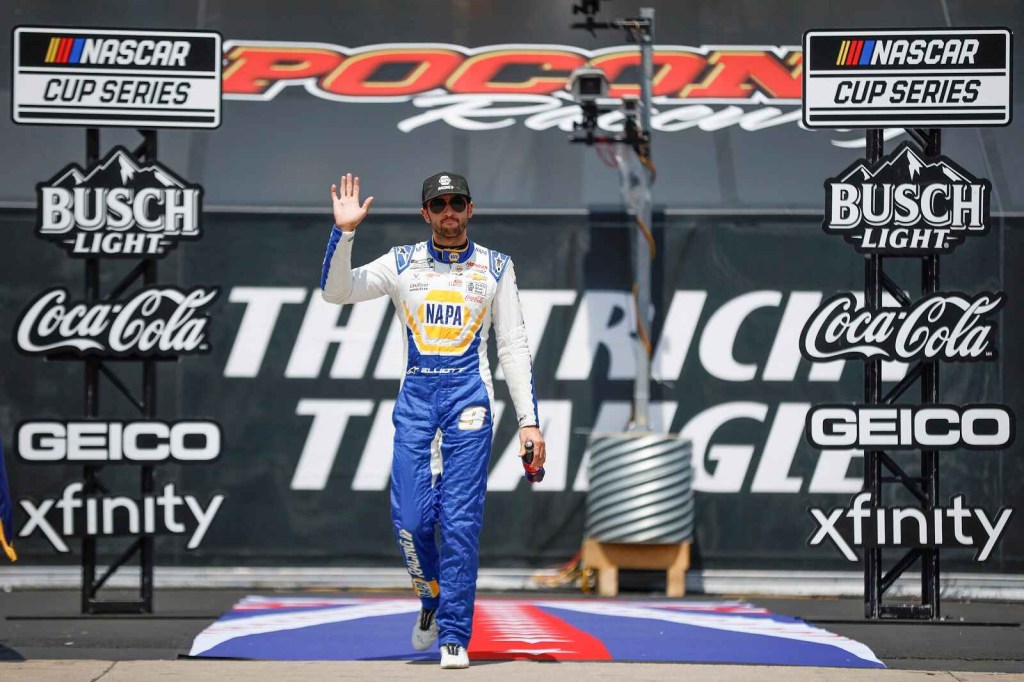
Despite NASCAR’s fairly loose regulations on sponsorships, there are a few brands that NASCAR will outright refuse to sponsor. Tobacco, for example, has one of the biggest restrictions in the sport when it comes to sponsorships. For years, tobacco companies were a majority of the large sponsors in the sport, with companies like Winston and Marlboro leading the way. In 2010, the FDA passed a regulation that prevented tobacco companies from being sponsors in any sporting event.
For years, beer was the only alcohol product that was allowed to be advertised in NASCAR as well. For the 2005 season, NASCAR allowed hard liquor companies to be sponsors, but the vehicle had to have some sort of message on the body that encouraged responsible drinking. Beer companies, however, did not have to adhere to these messages. NASCAR also has a rule called the Viceroy Rule, which disallows any competition for the NASCAR series title sponsors. For example, if Budweiser became a sponsor for a NASCAR title series, which would become the Budweiser Cup series, this series could not have any beer-related sponsorships on the vehicles.
Other reasons for drivers to turn down brand sponsorships
Drivers oftentimes don’t pick up the highest bidder when it comes to sponsorships. For many drivers, sponsorships come down to that driver’s trust in a brand. Forbes reports that accomplished drivers like Joey Logano are choosy with their sponsorships, and they will only go after a sponsor that they believe in. Logano chose The Good Feet Store due to the company’s good practices and ethics. Logano only chooses sponsors he truly believes in instead of just wearing a brand logo because they paid the most money.
Other drivers can turn down sponsorships for political or health reasons as well, and currently, there is a real possibility of political sponsorships and vape-related sponsorships being banned in the future. NASCAR is one of the biggest brand-heavy sports in the world, and even today, this racing league is a dominant player in the sponsorship and advertising community.
